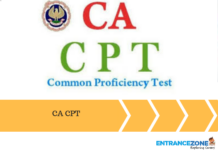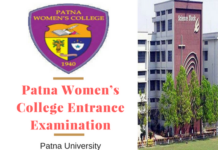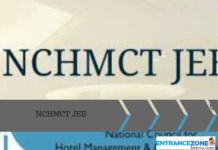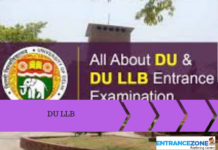The Meghalaya Government has launched a new shared bus system for school children, designed to make cities safer and reduce traffic congestion. Learn more here! In an effort to reduce traffic congestion and make cities safer, the Meghalaya Government has launched a new shared bus system specifically for school children. The initiative aims to provide affordable and comfortable transportation for students as well as improve safety on the roads.
Admission Open 2023
- Top University & Colleges Official Links, Application & Scholarship Forms.
In an effort to reduce traffic congestion in Shillong, Chief Minister Conrad Sangma kicked off the implementation of shared school buses. By having these shuttle buses for student transport, it is hoped that the number of cars and other vehicles on the road will decrease. Through this initiative, it is expected that Shillong’s cluttered streets will become a more peaceful place to be.
Overview of the Shared Bus System.
Contains
The Shared Bus System is a facility provided to students of Government Primary, Middle and High School in the Meghalaya region. The system offers transport from designated bus stops at pick-up points to the schools with buses running at designated timings for every school. Students can avail of the service on sharing basis and also enjoy concessions in fares as part of the services.
Subscribe to Get Updated Information about Chief Minister of Meghalaya Unveils Shared Bus System For Schools - Admissions
Benefits of the New System for Students and Families.
The new shared bus system provides a number of benefits to the students and their families. Not only is it cost-effective, as students can purchase tickets on a per-trip basis, but it also ensures that children have safe and secure transport to school. Additionally, this system reduces traffic congestion in cities by enabling more efficient and responsible travel during peak hours. Finally, the service allows students from rural areas to attend schools in urban cities with greater accessibility and convenience.
How Route Planning Has Improved Traffic Flow in Cities.
The government’s new shared bus system has improved traffic flow in cities by utilizing route optimization algorithms that allow for efficient travel. These algorithms consider various parameters to determine the optimal route between two points, including traffic conditions, fuel efficiency, travel times and road connectivity. This helps reduce excess congestion on certain roads and even out the flow of traffic throughout the city, resulting in reduced overall journey times. With this improved route planning system, school children further benefit from safer and more reliable transport.
Long-Term Savings in Fuel and Maintenance Costs.
The shared bus system also helps to reduce fuel consumption, as it operates on a more economical route than traditional routes. This more efficient service leads to improved fuel economy and significantly lower maintenance costs due to the reduced wear-and-tear of cars and buses on the road. The government can thus save money in the long run through its improved shared bus system, helping it direct resources towards benefits that are closer to citizens.
Expansion Plans Beyond Schools Into Commercial Sectors.
In addition, the Meghalaya government has plans to expand the new bus system for use by commercial entities. This could have a range of benefits for locals, as it could reduce reliance on private vehicles, further reducing traffic congestion and environmental impact. Lower costs associated with commuting should be seen through this expansion plan, as well as potential job opportunities that may arise in providing managing services such as drivers and ticketing operators.



















